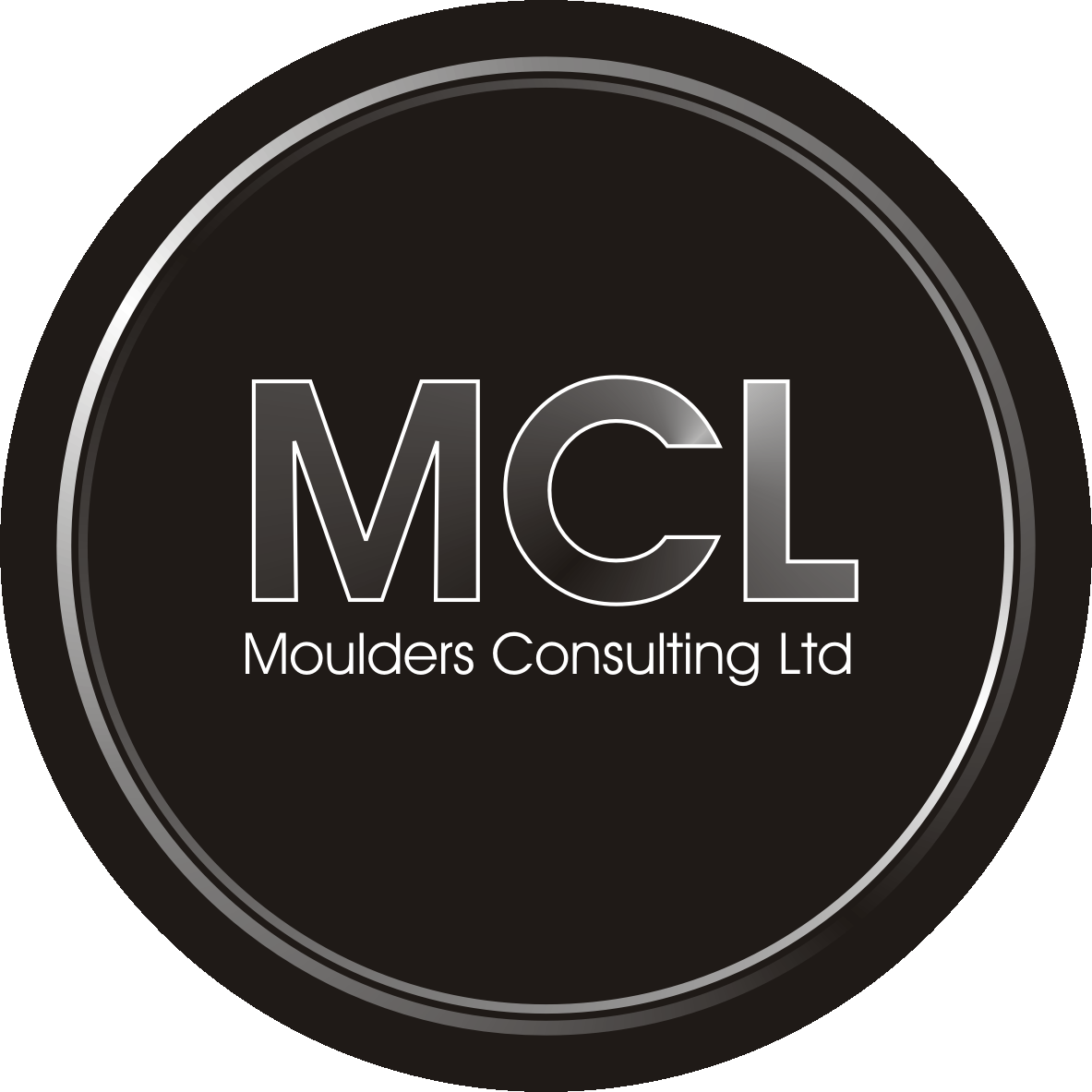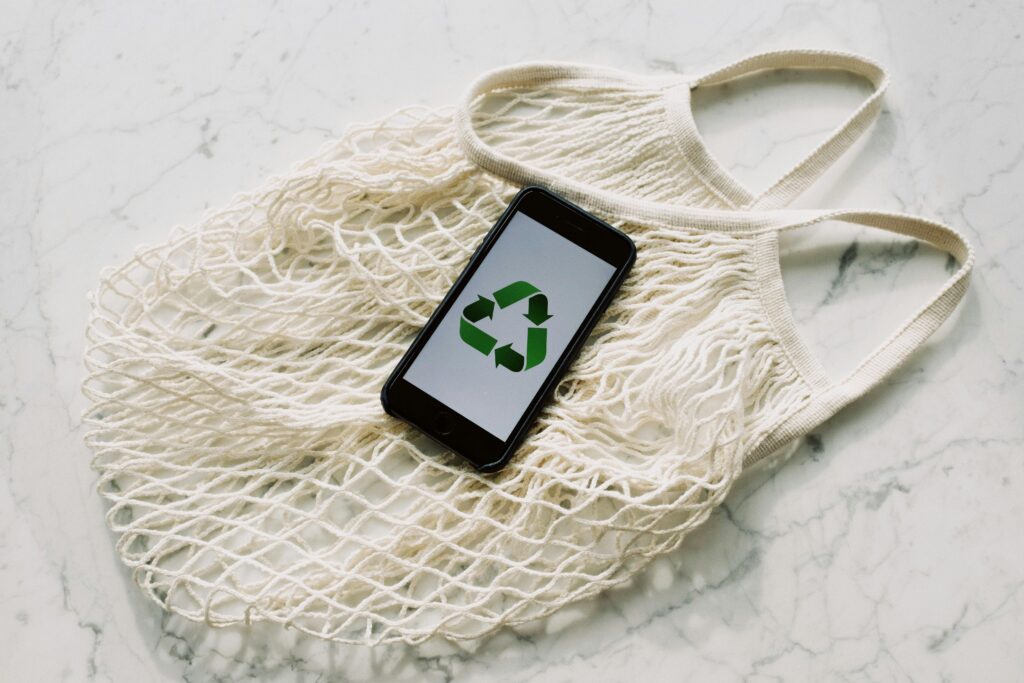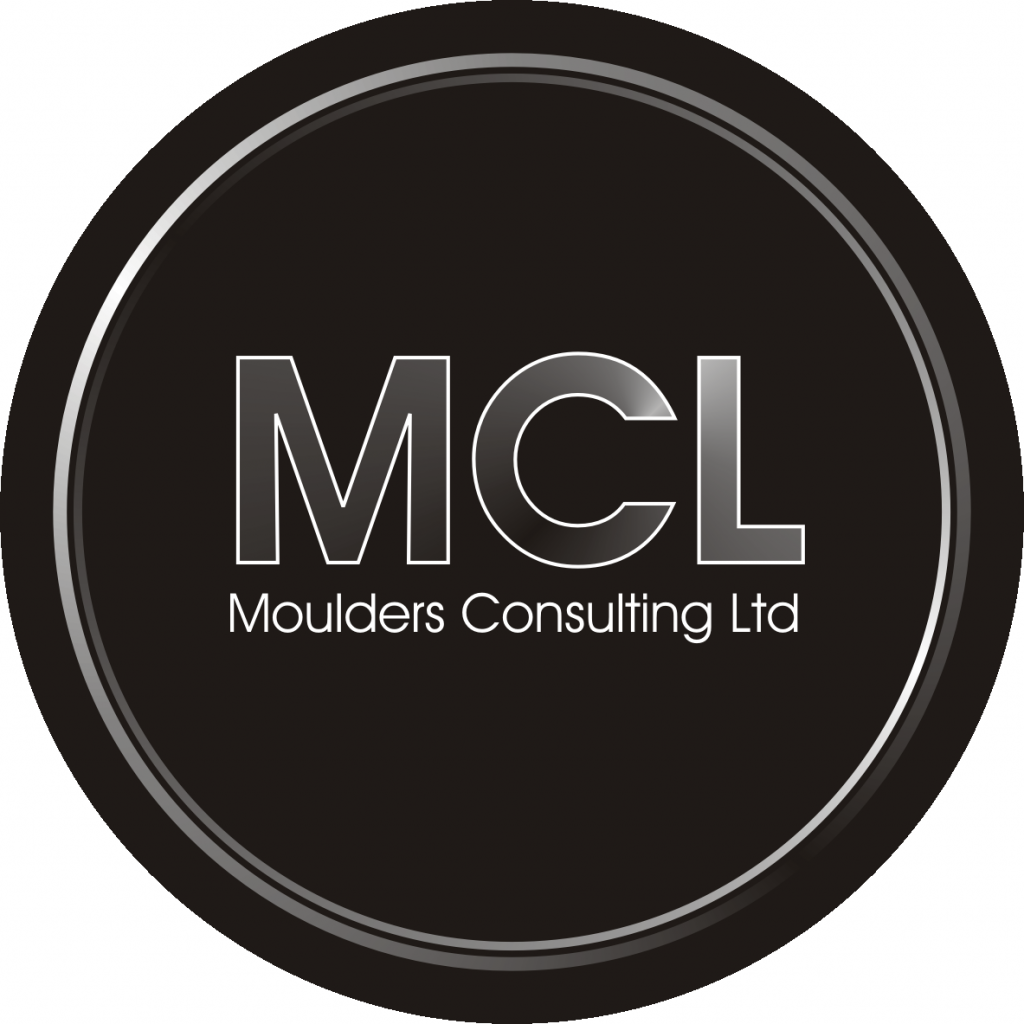As environmental concerns continue to shape modern manufacturing, sustainable moulding is becoming an essential area of focus. At Moulder Consulting, we work with manufacturers who are committed to reducing their environmental impact while maintaining high-quality production standards. The moulding sector – particularly in plastics, rubber, and composites – is actively embracing greener processes, smarter materials, and energy-efficient practices to drive real change.
In this blog, we take a closer look at how the moulding industry is improving sustainability and what it means for manufacturers moving forward.
Why Sustainability Matters in Moulding
Moulding processes – whether injection, blow, compression, or rotational moulding – have traditionally required high levels of energy and raw materials. In recent years, however, the pressure to reduce carbon emissions and industrial waste has encouraged the sector to innovate.
The result? A growing number of moulders are now adopting circular economy principles, reducing energy consumption, reusing materials, and rethinking design for end-of-life recyclability. These changes are not only environmentally responsible but often result in cost savings and improved operational efficiency.
Key Ways the Moulding Industry is Becoming More Sustainable
1. Recycled and Bio-Based Materials
One of the most impactful changes in recent years has been the shift away from virgin materials. More moulding operations are using:
- Post-consumer and post-industrial recycled plastics
- Bio-based polymers made from renewable sources like corn starch or sugarcane
- Biodegradable compounds for short-lifecycle products
This reduces reliance on fossil fuels and significantly cuts the carbon footprint of finished components.
2. Energy-Efficient Machinery and Processes
Modern moulding machines are far more efficient than their predecessors. All-electric and hybrid injection moulding machines, for example, use less energy, produce less heat, and often require less cooling – leading to lower emissions and operating costs.
Other energy-saving practices include:
- Heat recovery systems
- Process automation and optimisation
- Smart factory technologies for energy monitoring and predictive maintenance
3. Minimising Waste Through Design and Reprocessing
Scrap and rejected parts used to be a costly and environmentally damaging by-product of moulding. Today, moulders are:
- Designing parts with less material without compromising strength
- Creating modular moulds that reduce tooling waste
- Using closed-loop recycling to reprocess offcuts and rejects back into the system
This not only saves money but also keeps valuable materials out of landfill.
4. Sustainable Packaging & Supply Chains
Sustainability isn’t just about the moulded product itself – it extends to the full supply chain. Manufacturers are now:
- Reducing packaging waste through smarter logistics and recyclable materials
- Choosing local suppliers to minimise transport emissions
- Auditing supply chains for environmental compliance
At Moulder Consulting, we help clients assess every link in the chain to find opportunities for improvement.
The Role of Moulder Consulting in Driving Sustainability
At Moulder Consulting, we support manufacturers at every stage of their sustainability journey. Whether it’s selecting the right materials, improving process efficiency, or ensuring regulatory compliance, our team offers practical, actionable advice tailored to the needs of your business.
We believe that sustainability and profitability go hand in hand – and that moulding businesses who embrace greener practices today will gain a lasting competitive advantage tomorrow.
Looking Ahead: A Greener Future for Moulding
With growing pressure from regulators, consumers, and supply chain partners, sustainable moulding is no longer a “nice to have” – it’s a business imperative. Fortunately, the industry is responding with ingenuity, investment, and a willingness to adapt.
By focusing on smarter materials, cleaner energy, and waste reduction, the moulding sector is making real progress in reducing its environmental impact – and Moulder Consulting is proud to be part of that transformation.








